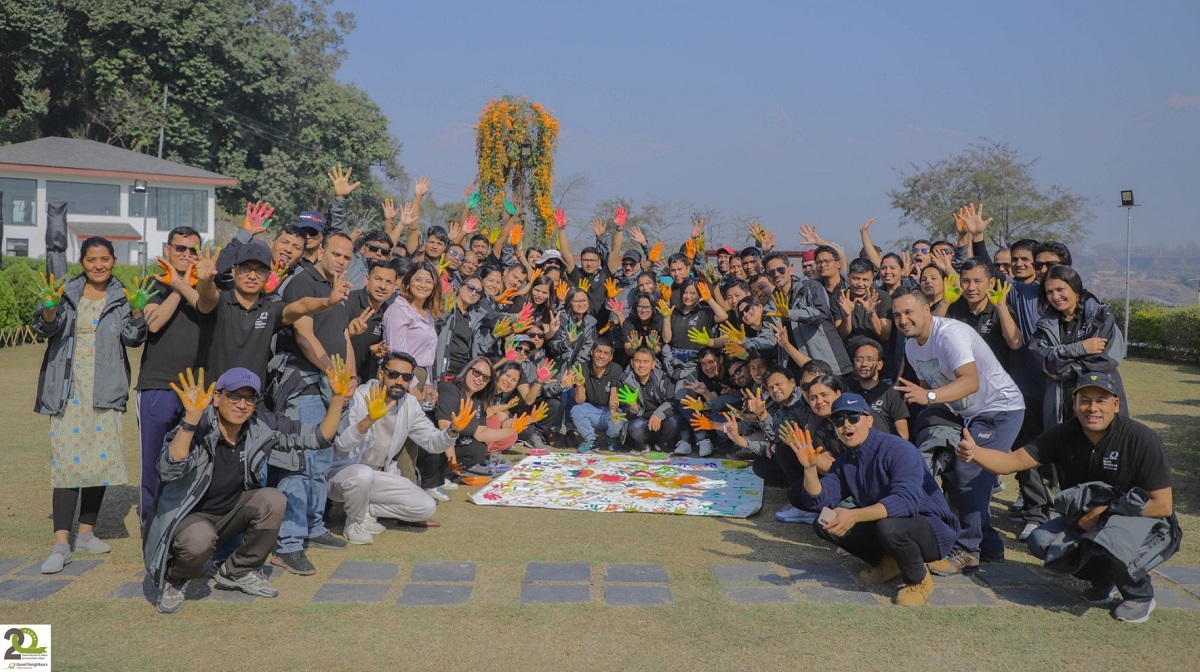Good Neighbors International (GNI) Nepal celebrated its 20th anniversary amid an event organized in Kathmandu on March 28.
Speaking at the event, Country Director of GNI Nepal Jaekyun Rho said that the organization has been working in areas such as child protection, education, health, income generation, drinking water, sanitation and hygiene, disaster risk reduction, climate change adaptation, and advocacy, and conducting programs targeting children from marginalized, crisis-prone communities and poor families in 22 districts to improve the quality of life of the children, their families and communities. He also thanked everyone involved for their cooperation and support.
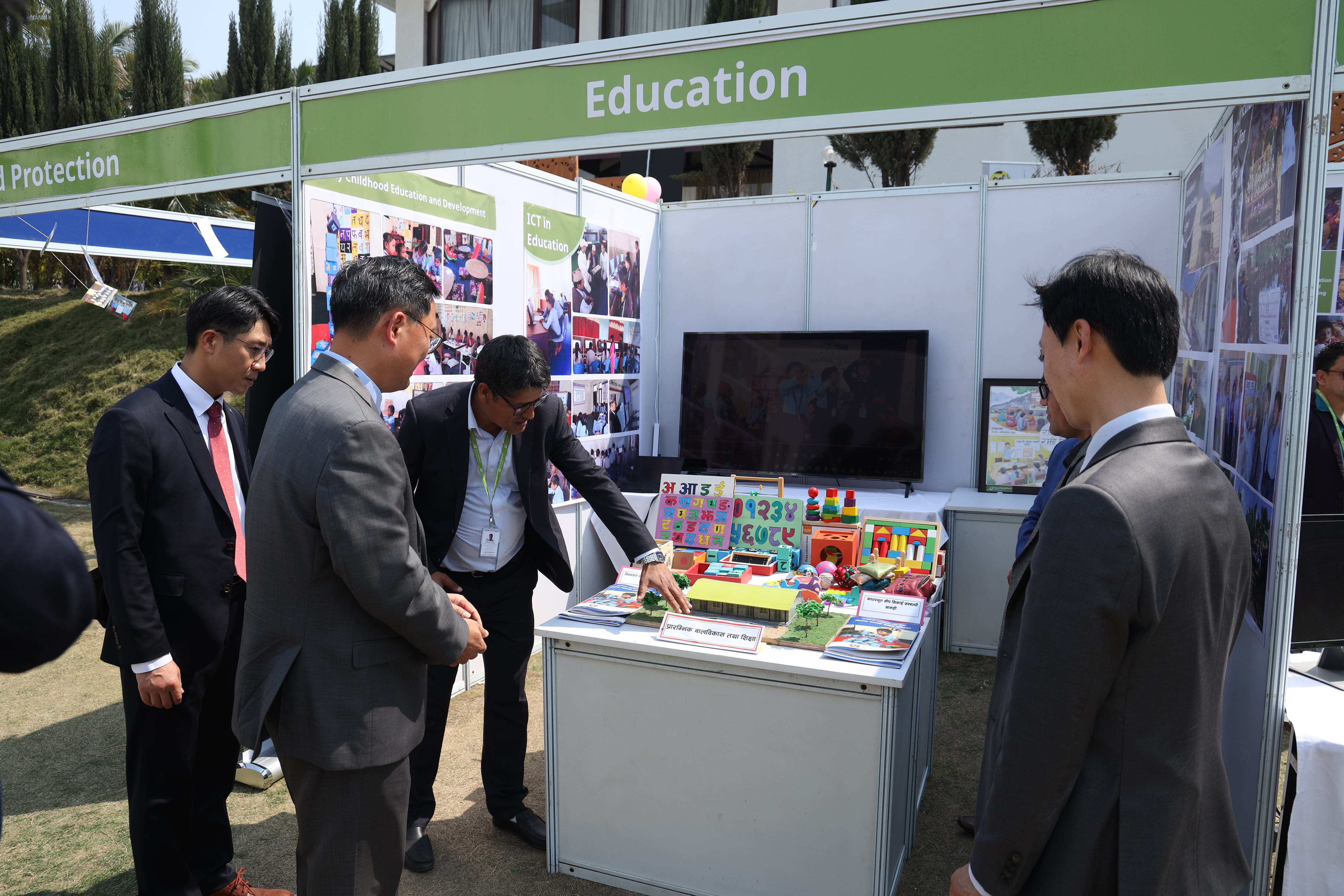
National Assembly Chairman Ganesh Prasad Timilsina thanked various development partners and NGOs for helping save lives in Nepal during the COVID-19 pandemic. Timilsina praised the important role played by GNI Nepal for the development and prosperity of Nepal’s poor and marginalized communities and children, adding that investing in children is wishing for the country’s prosperity.
Member-Secretary of Social Welfare Council Manoj Bhatta expressed happiness at the work GNI Nepal has been doing with the Council’s approval since its establishment for positive transformation in the lives of Nepali children and communities.
Member of National Planning Commission Dr Jaya Kant Raut lauded the organization’s work in Nepal. He said that development partners have been providing support and assistance to fulfill Nepal’s commitments at the international level, adding that it is necessary to move ahead by assessing their contribution to implementing the Nepal government’s policies and programs.
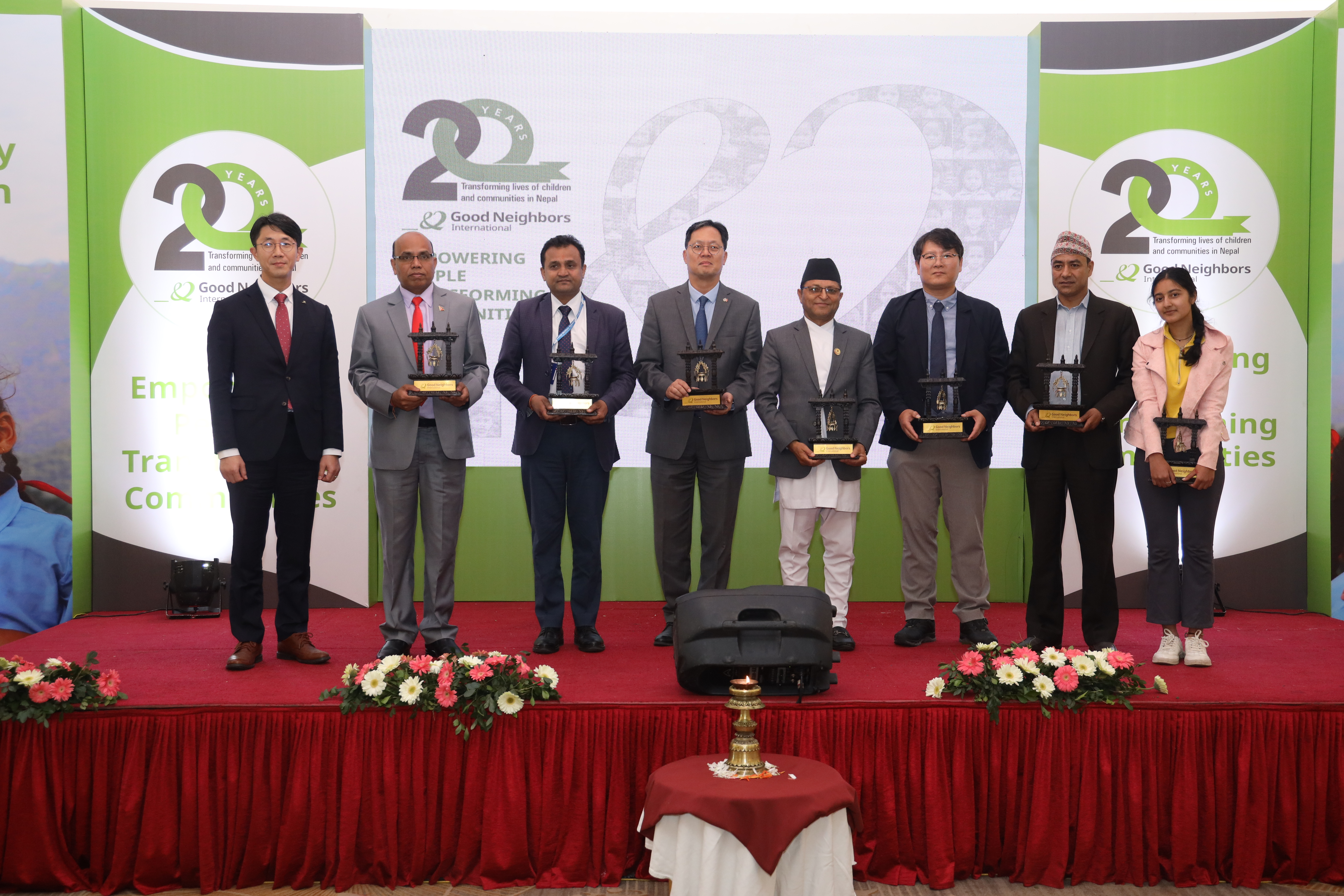
Speaking on the occasion, South Korea’s Ambassador to Nepal Park Chong-Suk thanked GNI Nepal for working together with Nepal’s civil organizations to ensure a bright future for children from poor and marginalized communities in 22 districts of Nepal, and also wished the organization more success in the coming days.
Gobinda Bahadur Shahi, executive director of Karnali Integrated Rural Development and Research Center (KIRDARC), said that partner organizations working for humanitarian assistance and development have been providing help to improve the quality of life of people from neglected, backward and marginalized communities.
Child Club representative Shreya Adhikari said that GNI Nepal’s contribution to children’s education, health and protection has brought a positive change in the lives of many Nepali children and youths like her.
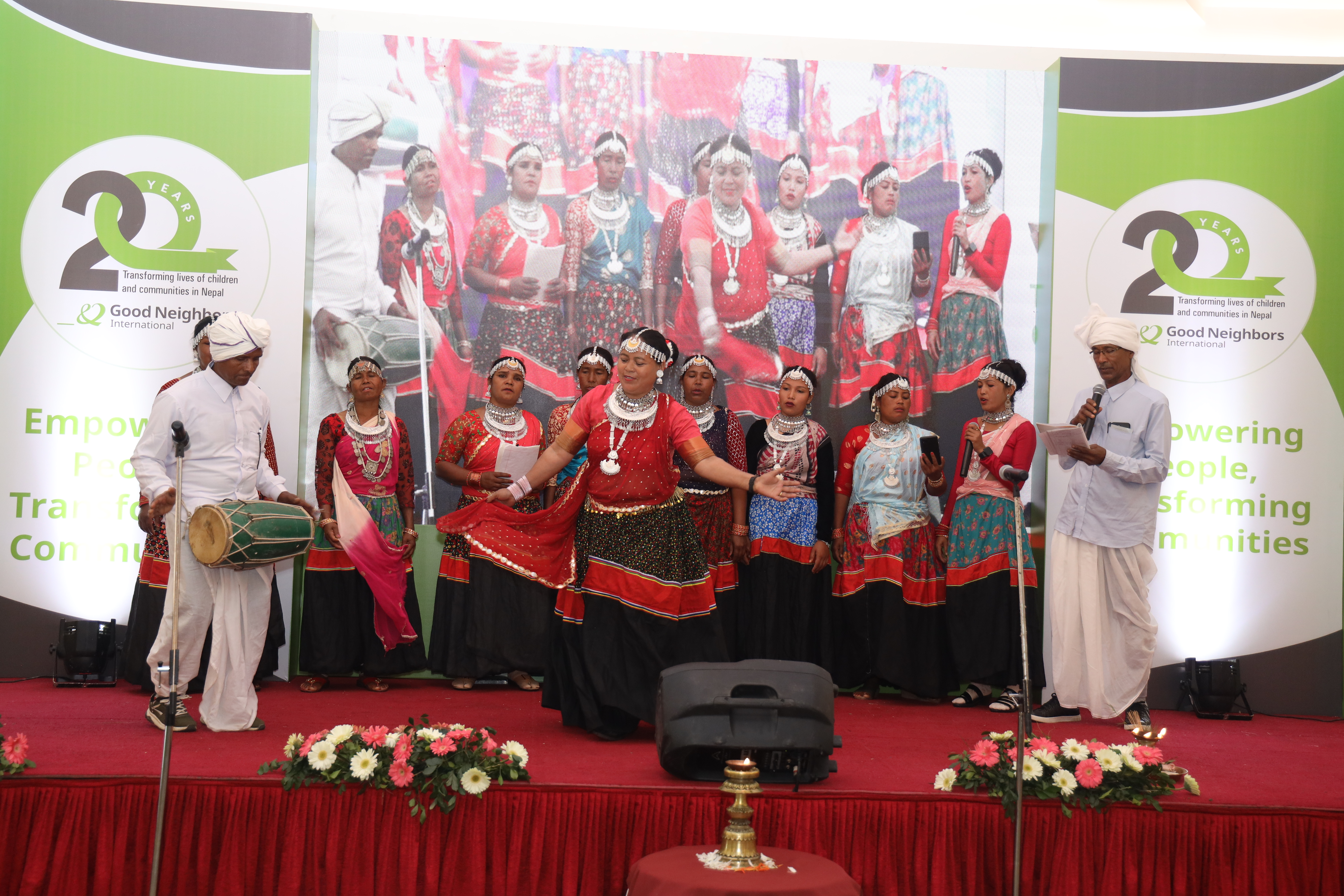
Students from Kitini Secondary School in Godavari, Lalitpur, also presented an awareness-raising play about the role played by GNI Nepal over the past 20 years for positive transformation in the lives of Nepali children.
More than 200 people including representatives of diplomatic missions, governmental and non-governmental agencies, civil organizations, development partners, private and cooperative organizations, beneficiary groups, and mediapersons attended the event.
The non-governmental organization has been providing service in different areas in Nepal since 2002.
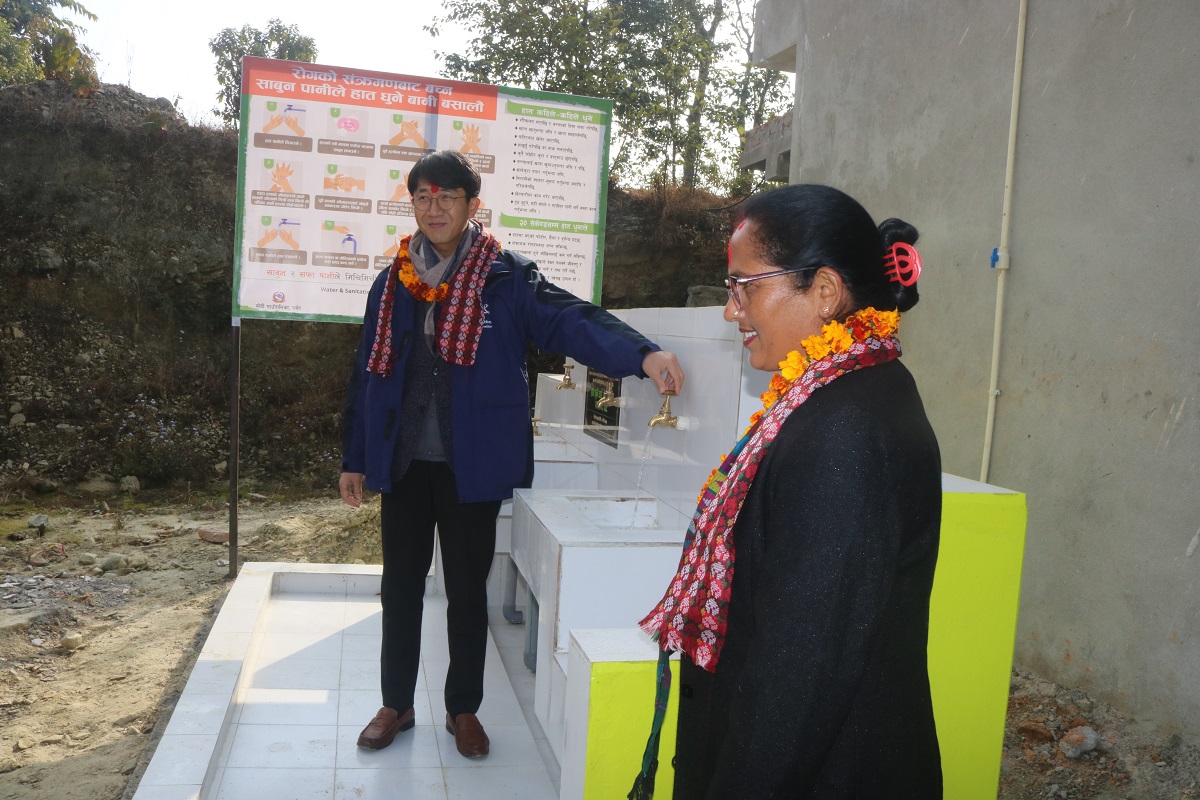
“We believe every child should get good education, health care services, drinking water and protection. Along with these, GNI Nepal has been actively conducting various programs in different areas that are essential in society. We run programs that make a positive impact in society,” said Jaekyun Rho, the Country Director of GNI Nepal.
Since its establishment, GNI Nepal has worked in coordination with 736 schools, 393 health facilities and 141 cooperatives in 22 districts across Nepal. The organization is especially active in the areas of child protection, education, health, water, sanitation and hygiene. It has also been conducting disaster risk reduction, climate change-related and advocacy programs.
The organization conducts programs especially adapted for children and community members of rural areas. These programs help children learn about their rights, promote their holistic development and also teach various skills to make their families self-reliant.
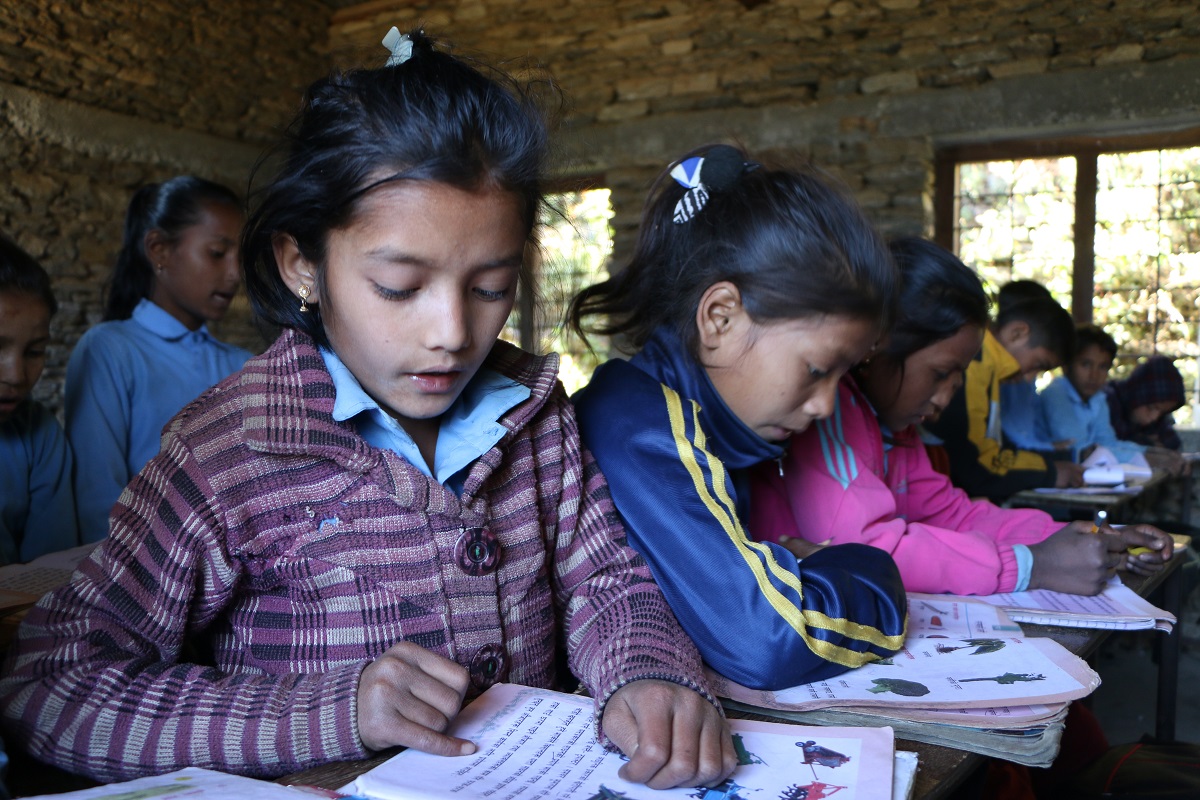
GNI Nepal says its top priority is to protect children from any kind of violence, exploitation and abuse and to stop such activities. According to the organization, child activists and child clubs supported by it have stopped 54 about-to-happen child marriages till date.
The organization has helped 42,328 children from low-income families complete higher education. Most of these children are from poor, indigenous and marginalized communities.
GNI Nepal has also established child clubs and child protection committees in different parts of the country.
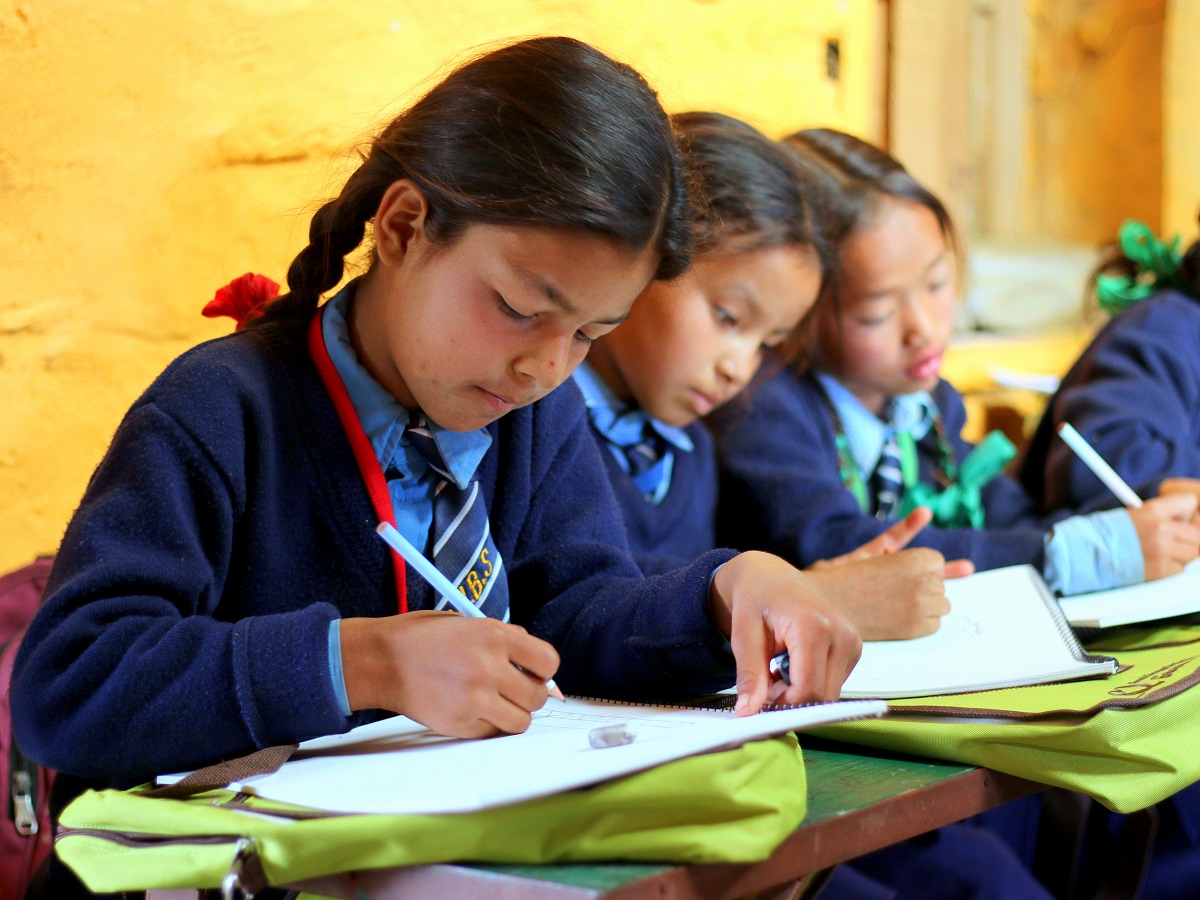
To promote education and further strengthen the education sector, the organization has also been running a scholarship program for students since 2010. It has constructed infrastructure and buildings in 129 schools and renovated 84 school buildings in different parts of Nepal.
GNI Nepal has also built toilets in different places as part of its health and sanitation program. These toilets are child-friendly, gender-friendly, disabled-friendly and menstrual hygiene management-friendly. The organization has been helping locals in various districts of Nepal. It has also been conducting programs to improve the economic status of many farmer families.
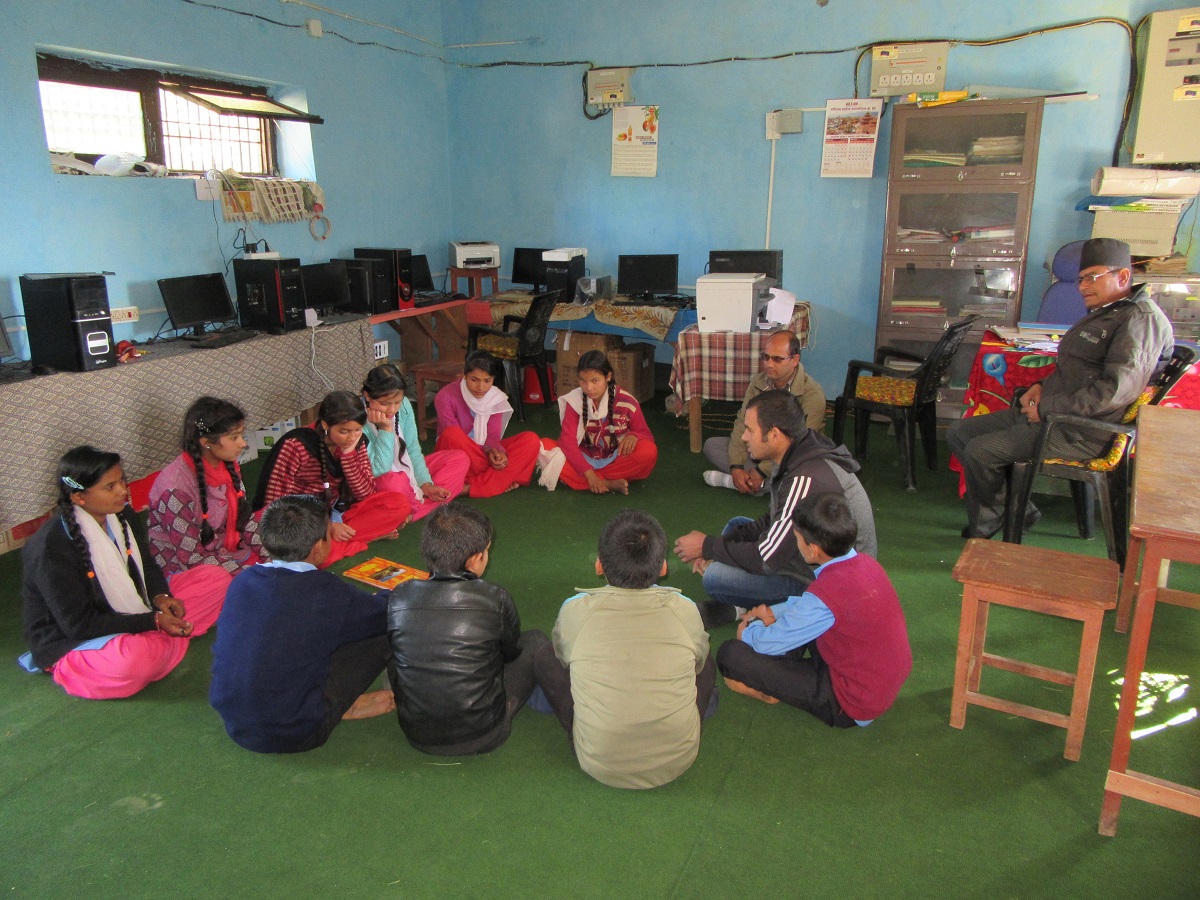
GNI Nepal also involves community members in its social activities. The organization says it fosters companionship in people and also facilitates running the programs.
“It is easy to conduct any program when we mobilize local community members and volunteers,” Country Director Jaekyun Rho says. “We conduct programs in collaboration with community and local organizations.”
The organization says this practice also ensures transparency and accountability.
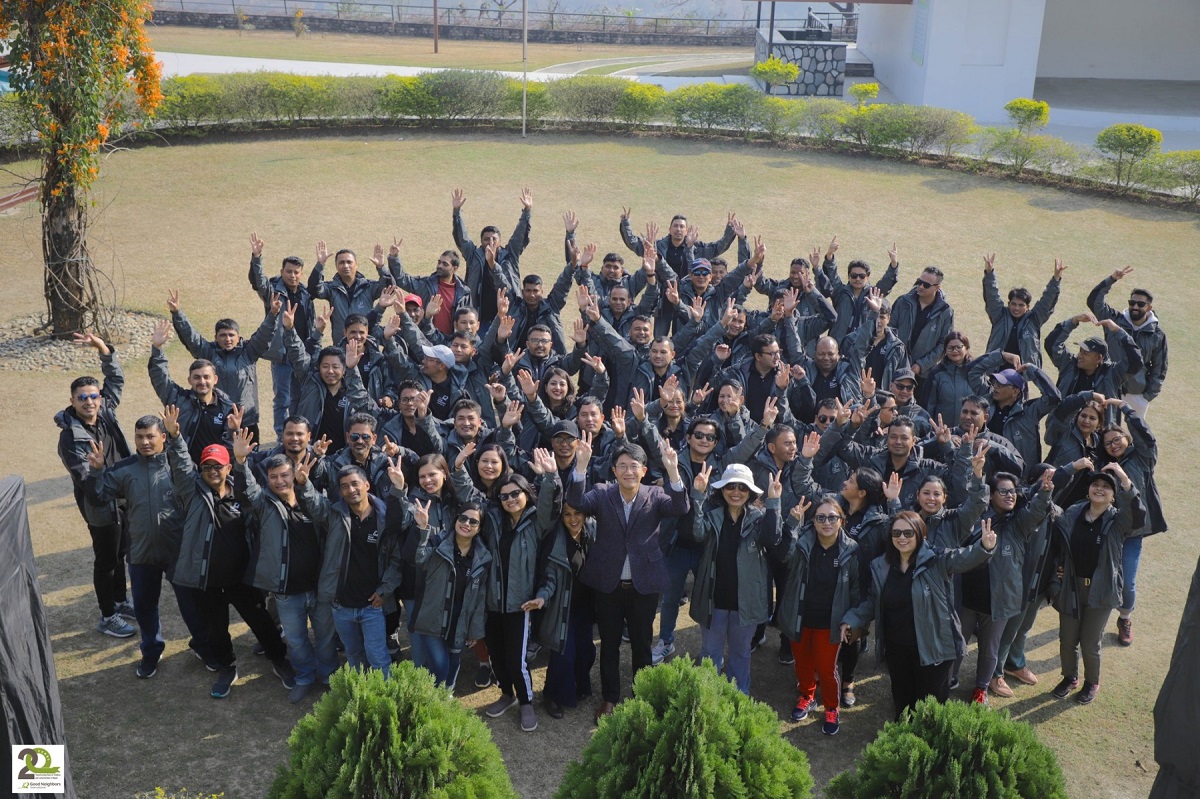
Established in Seoul of South Korea in 1991, GNI is currently running its programs in 47 countries around the world. It has fundraising offices in Chile, Mexico, USA, Canada, Japan, South Korea, Australia, Taiwan, England and Switzerland.
The organization assesses a country’s situation and then works for improvement in necessary areas such as education, health, child protection, socio-economic upliftment, livelihood enhancement, tourism and culture promotion.
